Environment
-
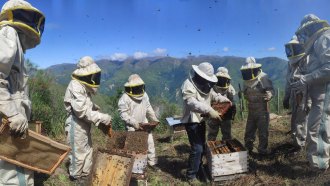 Animals
AnimalsXimena Velez-Liendo is saving Andean bears with honey
By training beekeepers, biologist Ximena Velez-Liendo is helping rural agricultural communities of southern Bolivia coexist with Andean bears.
-
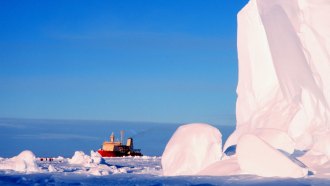 Climate
ClimateA rapid shift in ocean currents could imperil the world’s largest ice shelf
Roughly the size of Spain, the Ross Ice Shelf stabilizes major glaciers along Antarctica’s coast — and is at risk of retreating, a new study finds.
By Douglas Fox -
 Health & Medicine
Health & MedicineA new U.S. tool maps where heat will be dangerous for your health
The daily updated HeatRisk map uses color coding to show where the health threat from heat is highest and offers tips on how to stay safe.
By Nikk Ogasa -
 Environment
EnvironmentHeat waves cause more illness and death in U.S. cities with fewer trees
There are usually fewer trees in neighborhoods with higher populations of people of color. Planting trees could save hundreds of lives every year.
By Jude Coleman -
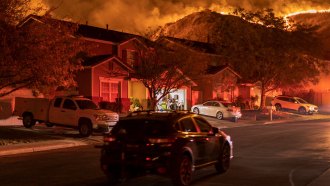 Climate
Climate‘On the Move’ examines how climate change will alter where people live
Journalist Abrahm Lustgarten explores which parts of the United States are most vulnerable to the effects of global warming and how people's lives might change.
By Saima Sidik -
 Animals
AnimalsEavesdropping on fish could help us keep better tabs on underwater worlds
Scientists are on a quest to log all the sounds of fish communication. The result could lead to better monitoring of ecosystems and fish behavior.
-
 Environment
EnvironmentHow air pollution may make it harder for pollinators to find flowers
Certain air pollutants that build up at night can break down the same fragrance molecules that attract pollinators like hawk moths to primroses.
-
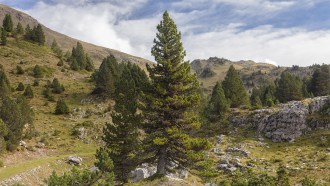 Plants
PlantsAncient trees’ gnarled, twisted shapes provide irreplaceable habitats
Traits that help trees live for hundreds of years also foster forest life, one reason why old growth forest conservation is crucial.
By Jake Buehler -
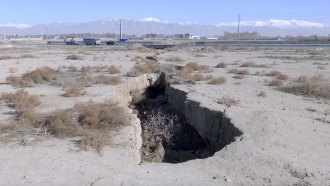 Earth
EarthMany but not all of the world’s aquifers are losing water
Many aquifers are quickly disappearing due to climate change and overuse, but some are rising because of improved resource management.
-
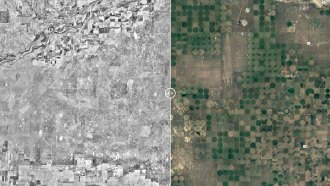 Environment
EnvironmentLandscape Explorer shows how much the American West has changed
The online tool stitches together historical images into a map that’s helping land managers make decisions about preservation and restoration.
-
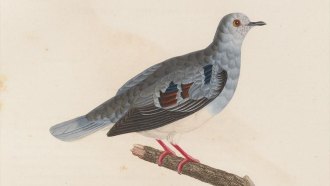 Animals
AnimalsThis bird hasn’t been seen in 38 years. Its song may help track it down
Using bioacoustics, South American scientists are eavesdropping on a forest in hopes of hearing the song of the long-missing purple-winged ground dove.
-
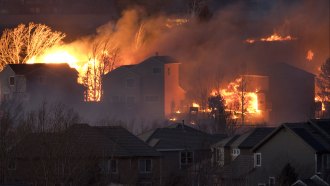 Environment
EnvironmentGrassland and shrubland fires destroy more U.S. homes than forest fires
Grassland and shrubland fires destroyed nearly 11,000 homes in the contiguous United States from 1990 to 2020.
By Nikk Ogasa